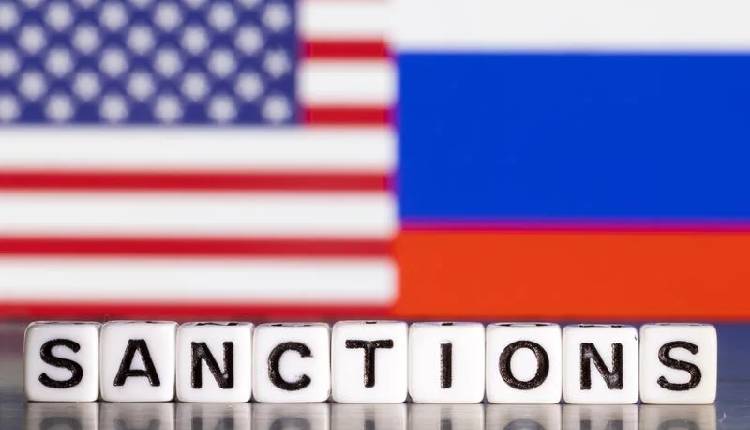Oil tankers used by Russia have ceased operating under the Liberian and Marshall Islands flags due to increased US sanctions enforcement, which highlights the close ties between the US and the flag administration companies of these countries, which are based in Virginia, within US jurisdiction, Reuters reported on Wednesday.
This change exposes a potential long-term vulnerability for Russia’s oil fleet, as they remain liable for sanctions violations even after switching to a new flag outside US reach.
The G7, EU, and Australia imposed a $60 per barrel price cap on Russian oil exports in December 2022, following Russia’s invasion of Ukraine. The cap prohibits the use of Western maritime services for transporting Russian oil priced at or above the cap.
Since October, the US Treasury Department has sanctioned 41 oil tankers for violating this cap, most of which were flying the Liberian flag or the Marshall Islands flag.
Many of the other sanctioned tankers were flagged in Gabon, including those owned by Russia’s top shipping company, Sovcomflot (SCF), which has been shifting its fleet to the Gabon flag, mainly from Liberia and Panama. As of early February, 42 of SCF’s 147 tankers had recently switched to the Gabon flag.
Sanctioned Russian oil tankers, previously operating under Liberian and Marshall Islands flags, are in the process of flag removal. The Liberian registry, actively engaged with the US Treasury Department, stated that sanctioned tankers have a three-month wind-down period to switch flags.
Gabon, a new registry for many of these tankers, confirmed it would de-list any vessels engaged in illegal activities. The shift to the Gabon flag could invite additional risks at ports for tankers carrying Russian oil, especially those that carried Russian oil above the $60 cap.
The US, EU, and UK have pressured Liberia, the Marshall Islands, and Panama to increase oversight of ships carrying their flags to prevent the transport of Russian oil sold above the price cap.
The US Treasury Department’s sanctions have created a “contagion” effect, dissuading market players from dealing with these tankers and causing a chill in the industry involved in Russian trade.
US officials have expressed concern about evasion practices related to the export of Russian oil above the West’s price cap, indicating a tightening of enforcement measures.


